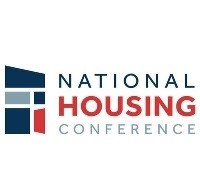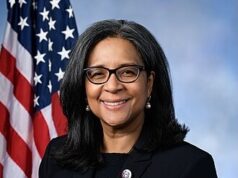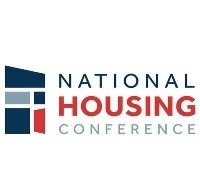WASHINGTON, D.C. – March 19, 2013 – (RealEstateRama) — Today, Senate Banking, Housing and Urban Affairs Committee Chairman Tim Johnson (D-SD) held a hearing titled “Bipartisan Solutions for Housing Finance Reform?” The hearing was an opportunity for the Committee to hear from housing finance experts to explore potential areas of bipartisan agreement.
Below is Chairman Johnson’s statement as prepared for delivery:
“Last Congress, the Banking Committee held 18 hearings regarding housing finance reform and suggestions for improving the current housing market and providing stability in the future. I look forward to continuing that conversation with the new Ranking Member and the new members of the Committee.
“I would like to thank the witnesses in advance for contributing to what I hope will be a lively and substantive debate about bipartisan solutions for housing finance reform. I would also like to commend the BPC’s Housing Commission for producing a plan with broad support from both sides of the aisle.
“For housing finance reform to succeed, we must find areas of bipartisan consensus. A partisan bill or a bill full of ideology that ignores the realities of our economy would be irresponsible, especially when the housing market is beginning to show signs of strength. I will work with Ranking Member Crapo to establish a series of hearings to explore the issues that require more discussion before we can achieve a consensus bill.
“When the housing market began to decline, the government took on a larger role – nearly 90 percent of the market. In previous hearings, witnesses testified that without Fannie Mae, Freddie Mac and FHA providing liquidity, most families would not have been able to get a mortgage during the economic crisis. Witnesses also pointed out that without government involvement, the traditional 30-year, fixed-rate, mortgage would be priced out of reach for most borrowers, if it remained available at all. Now that the housing market is showing signs of strength, private capital is starting to return to the market.
“While the participation of private capital is essential for the health of our economy, I am concerned that a completely private housing finance system would place homeownership out of reach for many middle income families and rural communities like those in my home state of South Dakota. I am not interested in creating a system in which homeownership is only available to the few and most fortunate.
“We must find workable solutions that preserve the option of sustainable homeownership for future buyers and provide adequate financing for multifamily construction for those who prefer to rent or cannot afford to own a home. I look forward to hearing the suggestions of our witnesses.”

















